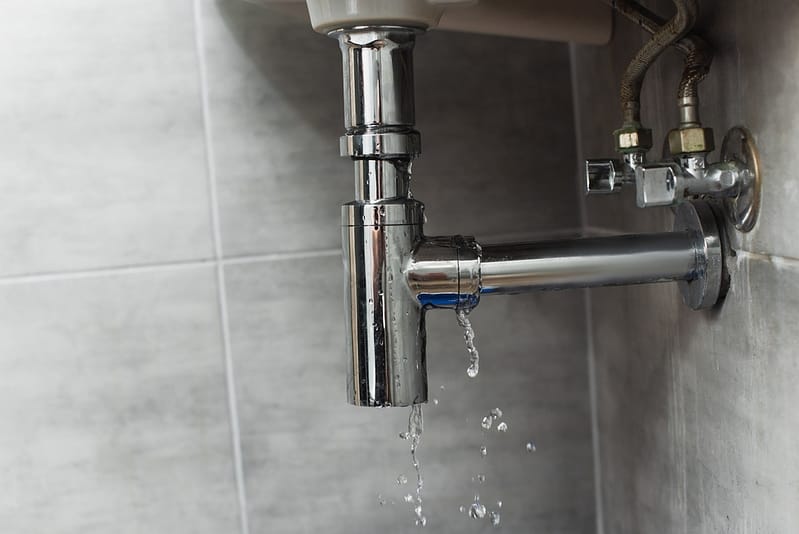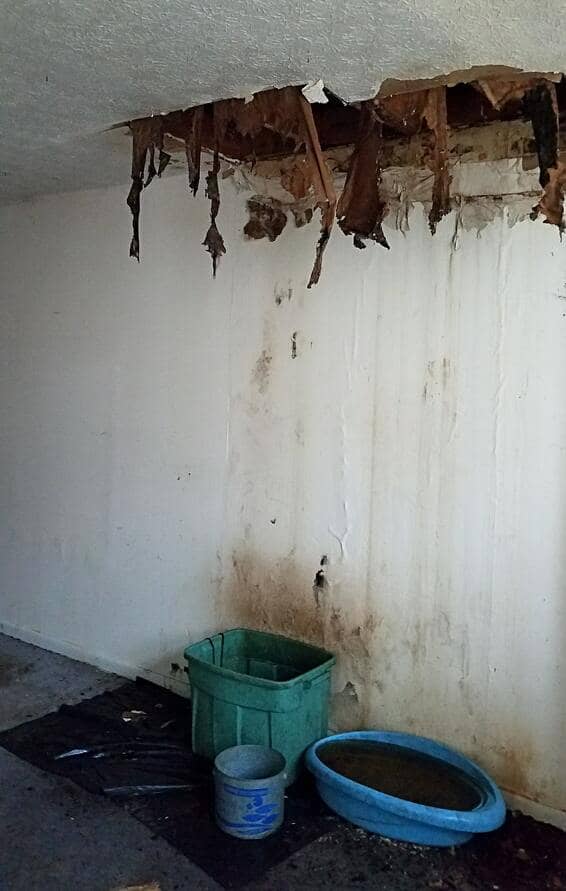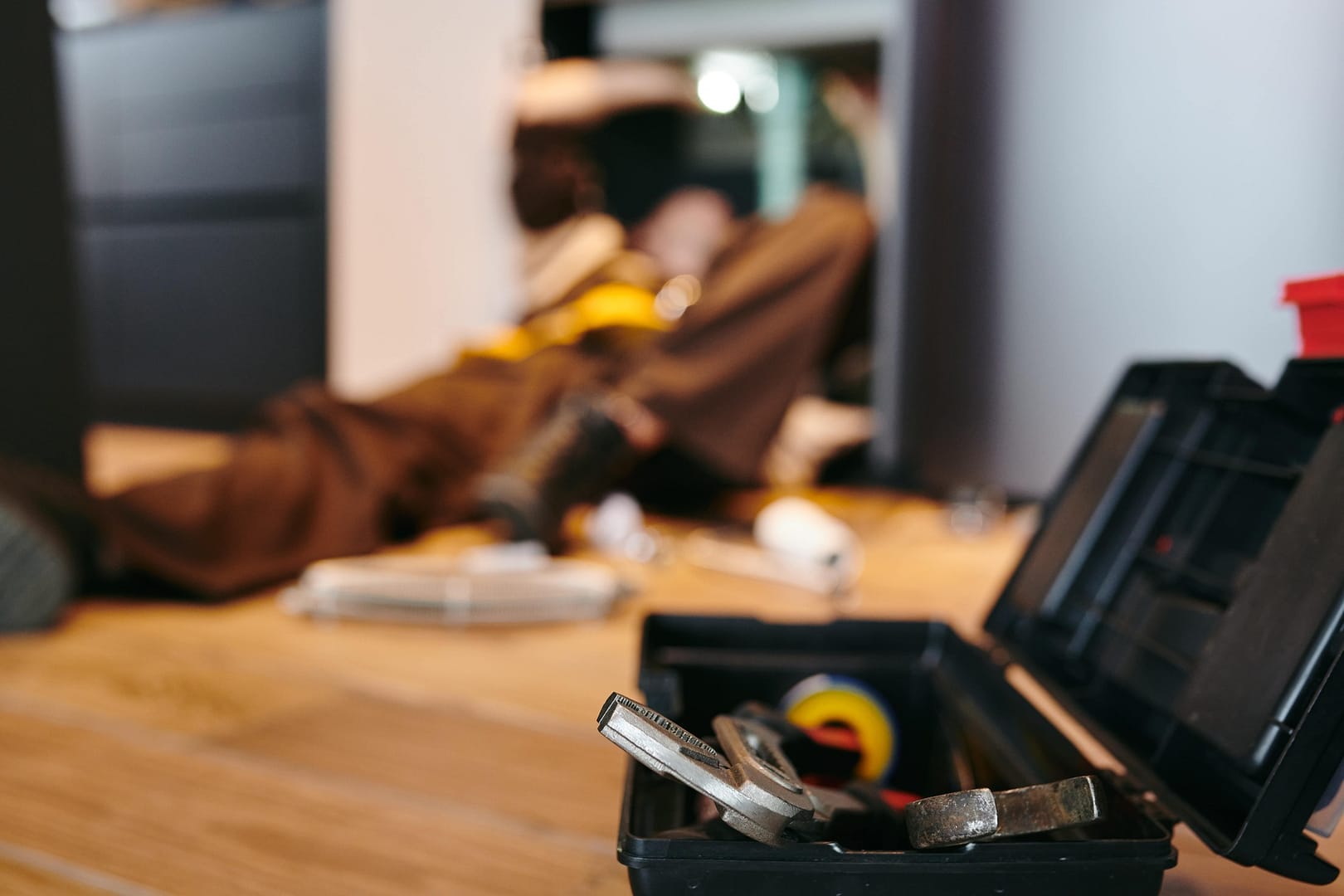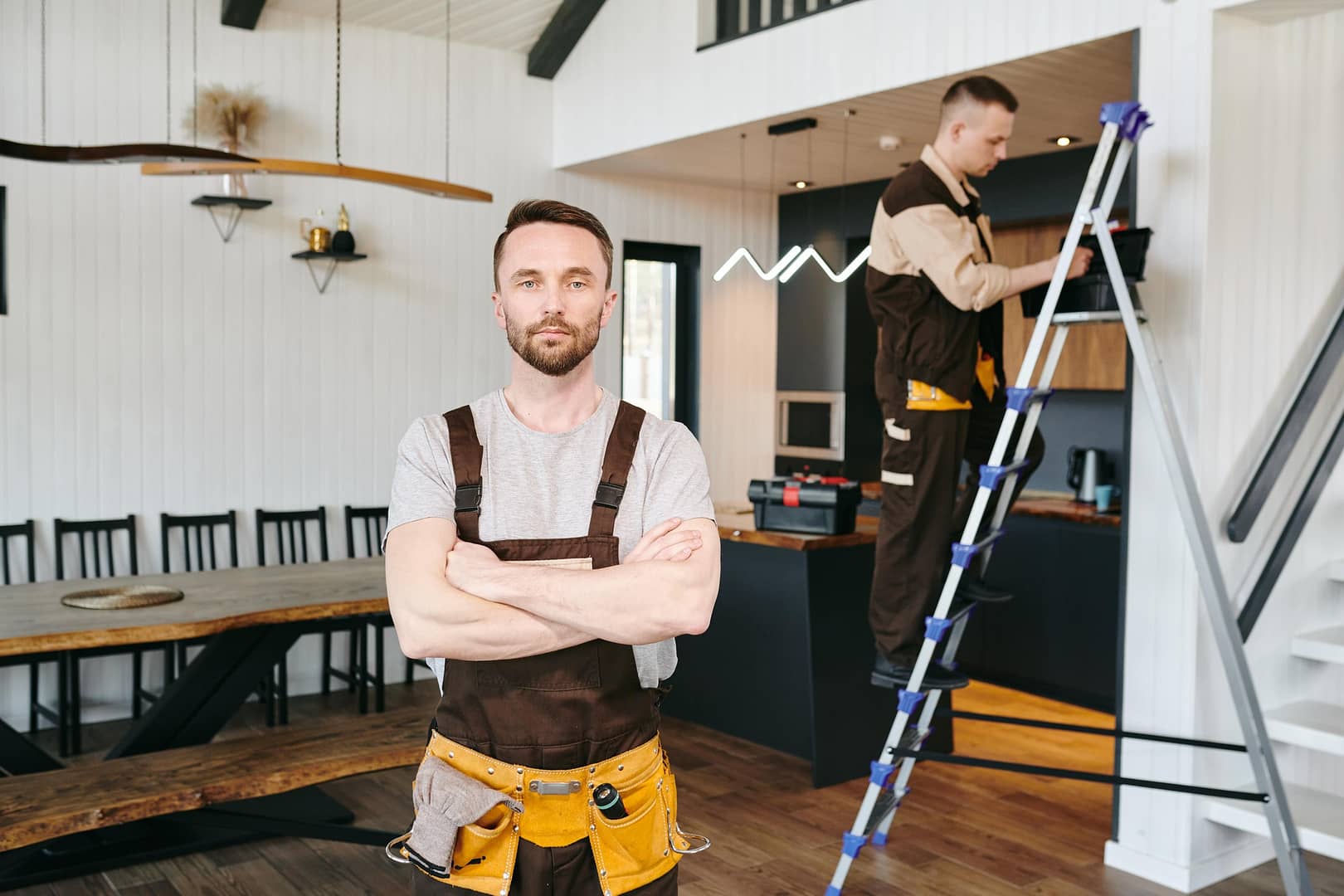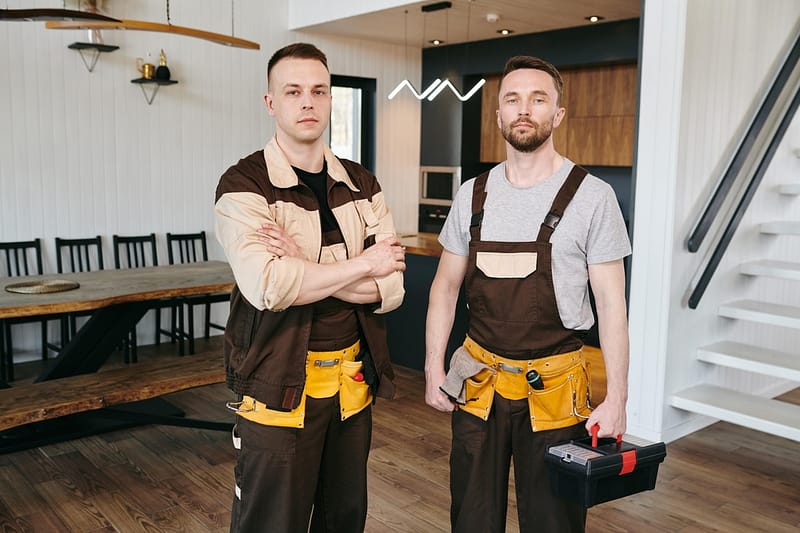How to detect leaks in pipes?
We all know that water leaks can cause a great deal of damage to your home. And the longer you leave it unrepaired, the worse things will get! Whether you’re a homeowner or a tenant, plumbing leaks can be a serious problem. Not only do they waste water, which is not free, but they also lead to higher utility bills and potential hazards. However, detecting leaks can be tricky if you are unsure what to look for.
In this article, we’ll explain how to detect leaks in pipes, so you know exactly when it’s time to call in the leak detection specialist near me! Here are some simple ways to detect leaks in your plumbing system:
Learning how to detect leaks can save you money, time, and frustration.
If you have a leak, the first step is identifying what has caused it. There are many ways to detect leaks in your property.
- First and foremost: look for wet spots! A damp floor or wall is a sure sign of water coming from somewhere. If you find a damp spot, start by looking around it for a source of leaking water—for example, running down your basement walls or dripping onto the floor from above.
- Look at the ceiling and check if there are any water stains on it; this may indicate that there is leaky plumbing inside the walls or ceiling itself (and not just outside).
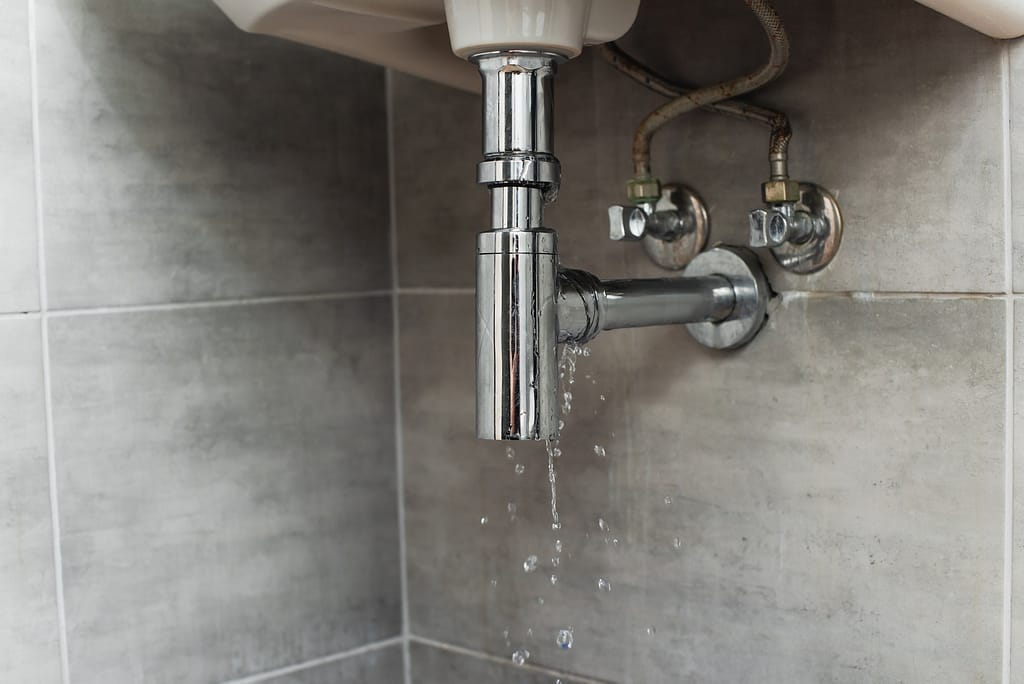
Check for corrosion, cracks, or mildew on pipes and plumbing fittings.
There are several signs that you should look for in order to determine whether your pipes are leaking. Look around the outside of your house, especially near the basement, and you may be able to see signs of leakage by noticing wet spots or soft soil. Also, check for corrosion or cracks on pipes that could indicate a system leak. Check inside by opening faucets on an off day so they can run freely without being turned off by pressure inside the lines. If water drips from a faucet when it is not supposed to be running, a leak might be nearby causing this overflow.
Turn off all running water inside and outside the house, check your water meter, and wait about 20 minutes to see if the meter has changed. If it has, you may have a leak somewhere in your home’s plumbing system.
- Turn off all running water inside and outside the house, check your water meter, and wait about 20 minutes to see if the meter has changed. If it has, you may have a leak somewhere in your home’s plumbing system.
- Check for wet spots on your lawn and soft soil around trees, shrubs, and buildings that could indicate a leaky pipe underground or beneath concrete slabs or driveways, exposing the buried pipes to freezing temperatures this winter season.
- Listen for sounds of running or dripping water coming from faucets (especially after showers), toilets, dishwashers, or washing machines that may indicate leaks within those specific fixtures’ internal components;
- However, these types can be repaired without calling a leak detection specialist so long as they’re not actively flooding out into nearby rooms/areas via floor drains, etc.
Inspect your property and look for wet spots and soft soil.
If you notice wet spots or soft soil, it’s a good indication that you may have a leak somewhere on your property.
Soft soil where there was once dry ground could also be an indication that there’s been some structural damage or weakening within your home’s foundation due to water damage over time—it could even mean that there’s been some underground pipe breakage underfoot!
Monitor your water bill.
Keep an eye on your water meter for a quick, easy way to check for leaks. The meter will show how much water has gone through it, and if there are any spikes or drops in usage, you may have found a leak! If there’s no other explanation for the change on your bill or in your home’s overall water use, look closely at where pipes enter and leave your house, as well as any faucets that haven’t been used in a while (like showers).
If the number stays the same for several days in a row but then jumps up suddenly, it’s likely that there’s some kind of leak somewhere nearby. If you see this pattern regularly, try going through all of your home’s major appliances and fixtures and turning them off or unplugging them overnight to see if that helps.
This method is fairly straightforward: if something hasn’t changed in a while and then changes drastically without any other factors affecting it (like someone leaving their tap running), then there’s probably an issue with the pipes or plumbing—and this could mean that there’s a potential leak somewhere in your home.
Listen carefully if you hear water running, even when the faucet is turned off.
If you hear water running, even when the faucet is turned off, that may be a sign of a leak. The sound could be coming from:
- Water running in pipes;
- The toilet;
- A washing machine or dishwasher;
- A refrigerator or freezer that’s not turned off properly after being emptied out (the motor will continue to run);
- A hot water system that’s leaking into your walls or basement/crawlspace;
- Signs of wetness and other unusual indications such as water meter, wet areas on the lawn, and the odour of sewage or gas.
Observe the wet areas on your lawn.
The first thing you should do is check your yard. If there are wet areas around the house, that means there is a possible leak. If you have a garden, look for the same wet spots there as well. You can also check the ground around your driveway and pool area and any other areas where water may accumulate (like along a fence or near some bushes).
If you notice wet spots in these locations, keep an eye on these areas every day so that they do not grow too large or cause damage to your property. If they grow large enough to cause damage, it could lead to mould growth, which could be dangerous for humans and pets if inhaled regularly!
Listen for unusual sounds.
You will be able to hear the sounds of water flowing through your pipes. Sometimes, it might not be just the sound of water flowing but also other noises like gurgling or banging that can tell you there are leaks in your pipes.
- Listen for running water sounds;
- Listen for sucking sounds;
- Listen for gurgling sounds;
- Listen for water hammer sounds.
Look out for unusual odours.
If you notice an unusual odour, that is a sign of a potential leak in your plumbing system. Common odours include musty, mouldy, or rotten eggs. These can be caused by a leak in the sewage system or even the water heater.
Check the mould and mildew stains.
- Check the mould and mildew stains. If you notice dark blotches on your walls or floors, chances are there’s a leak somewhere in the vicinity.
- Call a leak detection specialist near me to fix it immediately!
Choose a leak detection specialist near me.
If you don’t know much about plumbing, trying to fix a leaky pipe yourself may be tempting. After all, if a leak detection specialist doesn’t detect the leak immediately, chances are good that you’ll be able to find it with some essential tools and equipment (plus a little luck). However, there are several reasons why hiring an experienced professional is often the best choice:
- Leak detection specialists have access to advanced tools and equipment that can help them pinpoint leaks more quickly than most homeowners. This includes high-tech devices like infrared cameras and simpler methods such as water pressure gauges or dye injectors. These methods are also useful for detecting leaks in various types of pipes, such as copper, PVC, and cast iron.
- In addition to finding leaks, they can help prevent damage caused by improper water usage in homes or offices because they have training in how different kinds of buildings operate!
You need to detect leaks early to avoid expensive repairs down the line.
Leaks can be dangerous, expensive, and hard to detect. If you don’t find them early enough, you might have a lot of problems down the line. The best way to avoid these issues is by using the right tools to detect leaks in pipes.
Conclusion
To sum it all up, detecting a pipe leak can be done by looking for signs of wetness, listening for unusual sounds and smells, checking your water meter for irregularities, and observing mould and mildew stains. The last thing you want is an expensive repair bill that could have been avoided if you had checked these symptoms earlier.
If you have any questions or concerns about your home’s plumbing system, don’t hesitate to contact us at +44 20 8168 1121. We would be happy to assist you in any way that we can!

